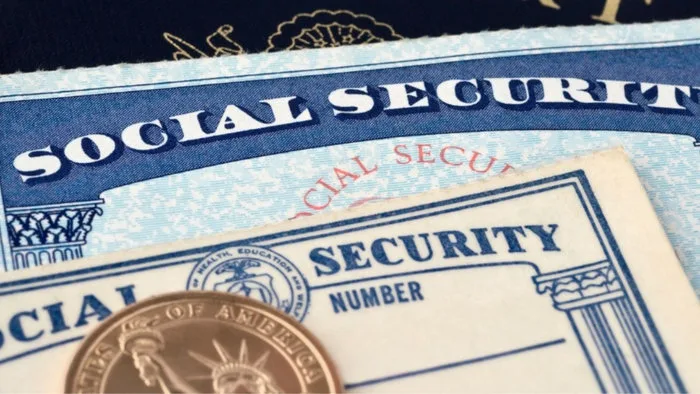By Naveen Athrappully
A new government-imposter scam is targeting Social Security recipients via fake emails, letters, or texts, the Office of the Inspector General (OIG) for the Social Security Administration (SSA) said in a Nov. 12 statement.
According to the watchdog, fraudsters send targets emails with the subject line “Alert: Social Security Account Issues Detected” and an official-looking attachment titled “Suspension of Social Security Number Due to Criminal Activities,” using fake SSA OIG letterheads.
“This high-pressure scam claims the recipient’s Social Security number will be suspended within 24 hours and their case referred for criminal prosecution, listing several charges,” OIG said. “The attachment is stamped ‘Official Document’ and ‘Official Government Communication,’ urging recipients to immediately contact the OIG using the provided number.”
If the individual calls this number, a scammer answers them by impersonating SSA OIG, it warned. Alternatively, the targets can receive an automated message asking them to send a text.
The fraudster impersonates an actual SSA employee, using the real name of an employee to request the personal information of the target.
OIG asked beneficiaries to be aware of scammers pretending to be from the SSA or any other government agency, and advised them to talk to people they trust before sending any money to third parties.
OIG Acting Inspector General Michelle L. Anderson said the “SSA Office of the Inspector General will never send letters like this.”
“Scammers continue to exploit fear and confusion by using official-looking letters and real SSA employee names to threaten you and convince you they’re legitimate so that you will respond and provide them with your personal information and money,” she said.
“If you get an unexpected call, text, email, letter, or social media message from SSA OIG or any government agency, pause and think scam first. The person contacting you may not be who they claim to be.”
Last month, the OIG warned about malicious actors using fake U.S. Supreme Court letters to dupe recipients.
In that scam, fraudsters send official-looking letters on fake court letterhead using forged signatures of Supreme Court Chief Justice John Roberts and Associate Supreme Court Justice Sonia Sotomayor.
The letter claims the target is a primary suspect in legal proceedings involving criminal charges and that the court has asked financial institutions to freeze their assets.
The letter “urges individuals to cooperate with the named SSA official, pressuring them to send money or share personal information,” OIG said.
“The letter ominously closes by stating, should the recipient encounter any difficulties in safeguarding assets, the recipient will bear full liability for any losses incurred following the suspension of their SSN,” the alert stated. “Scammers most likely will follow up with text messages or telephone calls.”
In a March 31 statement, the FBI warned the public about scammers impersonating government officials.
It advised people to never give out personal information, such as Social Security numbers, over the phone or to people they do not know.
In May, the FBI released its annual Internet Crime Report for 2024, showing that its Internet Crime Complaint Center received 17,367 government impersonation complaints for the year. This was up from 11,554 complaints received in 2022.
Such impersonation scams resulted in a loss of more than $405 million in 2024, up from $240 million, the report stated.
The SSA and the OIG observed “Slam the Scam” day on March 6 to raise public awareness about social security imposter scams.
The SSA said such scams were one of the most common government imposter scams reported to the Federal Trade Commission.
“Social Security employees do contact the public by telephone for business purposes. Ordinarily, the agency calls people who have recently applied for a Social Security benefit, are already receiving payments and require an update to their record, or have requested a phone call from the agency,” the SSA said.
“If there is a problem with a person’s Social Security number or record, Social Security will typically mail a letter.”






